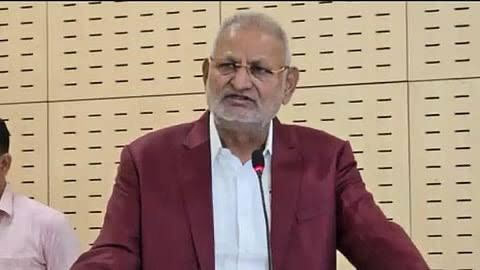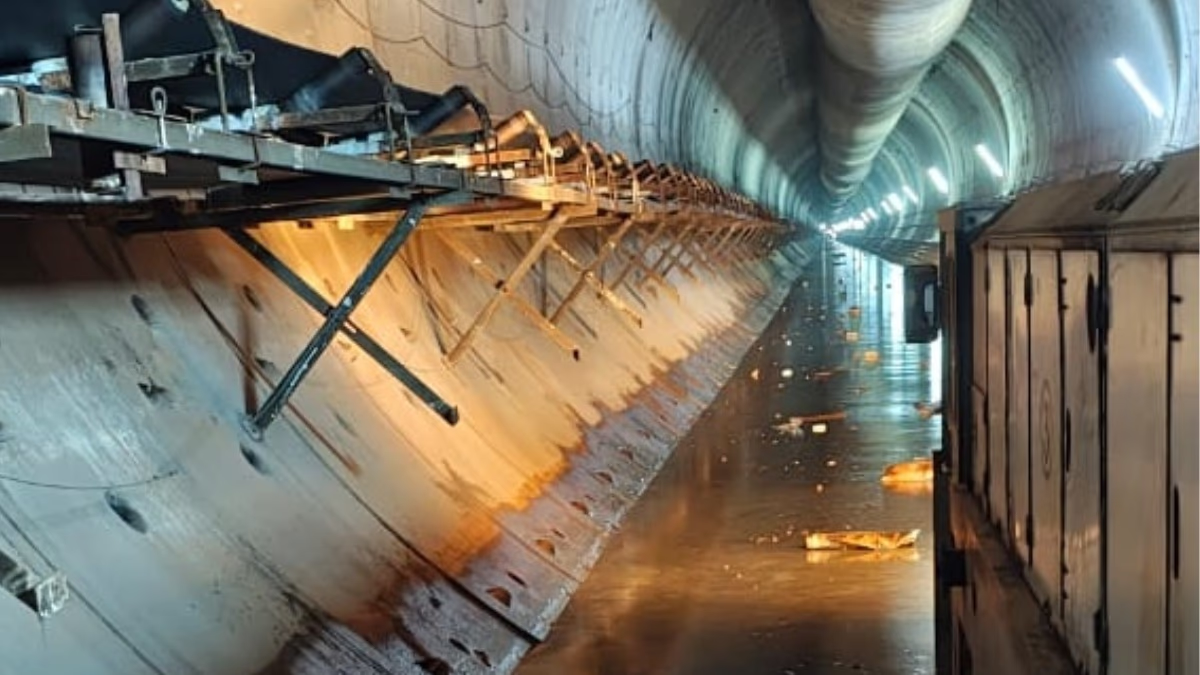Maharashtra's Agriculture Minister Manikrao Kokate and his brother Sunil Kokate have been sentenced to 2 years in prison and a fine of 50,000 rupees for fraud related to a case from 1995. They were accused of providing flats to financially weak people through quotas reserved for then-legislators and MPs, with charges of document tampering and deception. This conviction puts Minister Manikrao Kokate's position in jeopardy.
Former Minister Tukaram Dighole initiated the case in 1995 against Manikrao Kokate regarding the housing scam. In 1997, a case was registered under IPC sections 420, 465, 471, 47 based on the then Deputy District Magistrate's complaint.
Tukaram Dighole Demanded an Investigation
Nearly 29 years later, the Nashik District Court has issued its verdict. Former legislator Tukaram Dighole had demanded an investigation and filed a complaint against Manikrao Kokate, his brother Sunil Kokate, and two others.
Manikrao Kokate and Sunil Kokate were listed as accused numbers 1 and 2. Accused numbers 3 and 4 were relatives of Kokate. Kokate later transferred the flats obtained to his name, portraying himself as financially disadvantaged. However, his father was a director at Kopargaon Sugar Factory at the time, supplying 100-200 tons of sugarcane to the factory.
Read more: Maharashtra: Deputy CM Shinde's Car Threatened with Bombing, Police in Action
Accusations of Encroachment and Illegal Construction
Near Boys Town School in the city, Manikrao Kokate acquired a flat using forged documents. Later, he faced allegations of illegally occupying two more flats and carrying out unauthorized constructions. Kokate started a 24/7 milk ATM on the ground floor of these flats for the Sinnar Taluka Division Milk Processing Team, which is now closed.
Why is His Legislative Position at Risk?
Under Section 8(3) of the Representation of the People Act 1951, if a legislator or MP receives a sentence of 2 years or more, their membership is considered terminated from the date of sentencing. Additionally, they are barred from contesting elections for the next 6 years.




